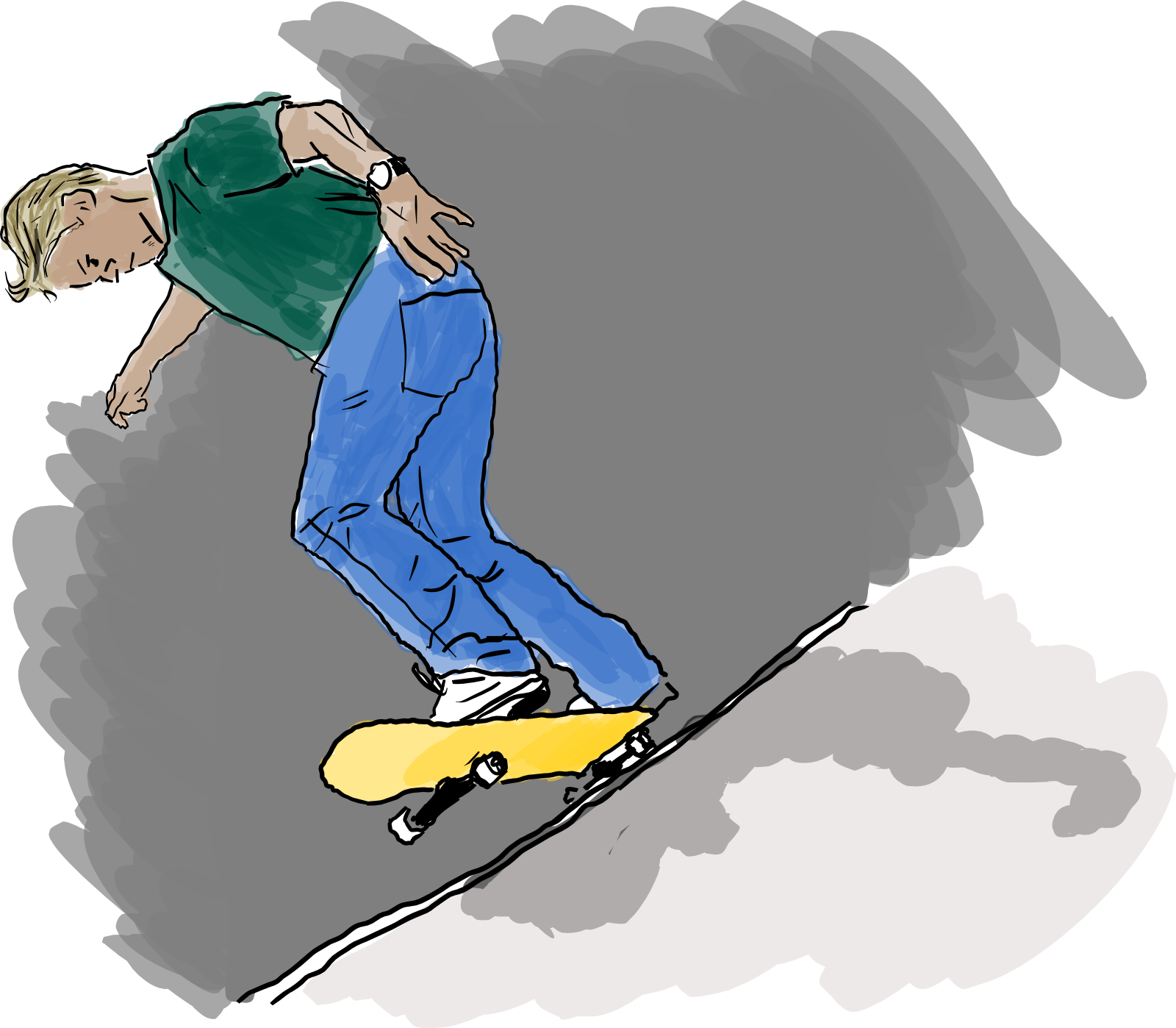In my previous post on motivation – Motivation and the Secrets to Getting Things Done – I introduced the distinction between intrinsic motivation and extrinsic motivation. In today’s post I will try to briefly summarise some of what we know about extrinsic motivation. As a reminder:
Extrinsic motivation refers to external forces that influence our behaviour. Praise, financial rewards and punishment are all examples of extrinsic motivation. If I say I drove to the beach because my friend paid me $300 to give him a lift, I am referring to an extrinsic motivation.
Operant conditioning
Operant conditioning is the technical term used in the behavioural sciences for learning from consequences. If you repeatedly experience static electric shocks when you touch a particular door handle and this causes you to insulate your hand with your sleeve whenever you go through that door, or to use a different door, this is an example of operant conditioning: You have learned to alter your behaviour to avoid experiencing the unpleasantness of a static electric shock.
Operant conditioning is a situation where we consistently adapt our behaviour based on extrinsic motivators. These motivators are divided into two classes: reinforcement and punishment.
Reinforcement
Reinforcement can often be thought of as rewards – but “reward” is not a technically accurate term because it doesn’t cover the full spectrum of reinforcement. Reinforcement is anything that increases> behaviour. Positive reinforcement is when the presence of something will cause behaviour to increase; negative reinforcement is when the absence of something will cause behaviour to increase.
When you train a dog to fetch a stick by rewarding the dog with a treat each time he brings the stick back, this is an example of positive reinforcement.
If you trained a dog to fetch a stick by removing his uncomfortable collar after he brings the stick back, this is an example of negative reinforcement (assuming the dog likes it better with the collar off).
Punishment
Punishment is anything that decreases behaviour. Like reinforcement, punishment can be divided into positive punishment, such as being given a ticket for speeding (doesn’t sound so positive, does it?), or negative punishment such as police impounding your car or taking away your license for speeding. You might argue a speeding ticket is also negative reinforcement because the real punishment is that some of your money will be taken away. The key thing to understand is that “negative” refers to the absence or removal of something, “positive” refers to the presence or addition of something.
How rewards and punishment motivate us
It is helpful to understand these distinctions because sometimes we don’t realise how powerful the motivating influence of something can be until we realise how both negative reinforcement and negative punishment work.
If your workplace has become highly stressful and you begin to feel nauseated every day when you arrive at work and that feeling doesn’t go away until you have driven home, there is a process of negative reinforcement at work, teaching you that you workplace is to be avoided.
If every time you call your sister she puts lots of pressure on you to lend her money – money that you know from experience she never pays back – then negative punishment is at work, teaching you that calling your sister impoverishes you.
In my experience, the effects of positive reinforcement and positive punishment are often (though not always) more readily apparent to us than the effects of negative reinforcement and negative punishment.
When we behave in a particular way because of the consequences – rewards or punishment – our behaviour is extrinsically motivated. Not all such extrinsically motivated behaviour would directly involve operant conditioning. For example, if someone offered me $2,000 to sing a song and I took them up on the offer that would be a completely new experience and not behaviour learned from repeated past experience – except in general terms that experience may have taught me whether or not to believe that people who make such offers will follow through on their offer.
When we behave in a particular way because we enjoy that behaviour, rather than enjoying its consequences, our behaviour is intrinsically motivated – which I will write more about in a future post. In the meantime, the motivation experiment I have been writing about every few days outlines the first-hand experience of the interplay between extrinsic motivators and intrinsic motivators in increasing my interest in drawing over time.





